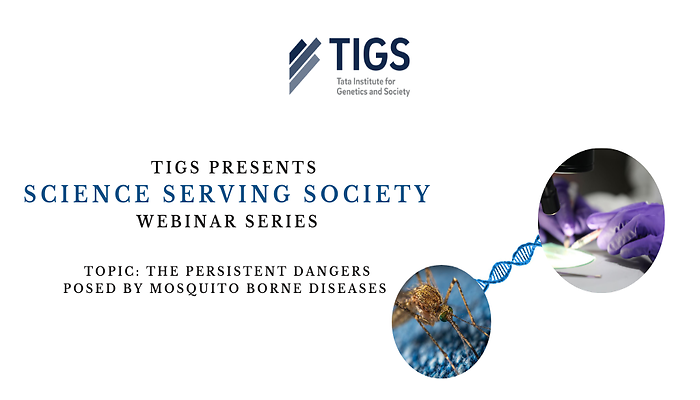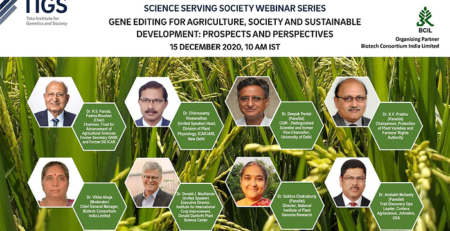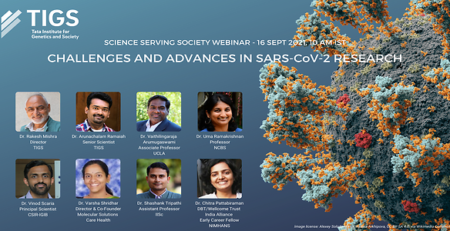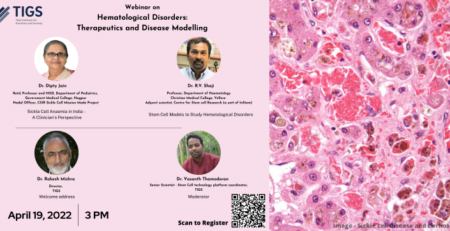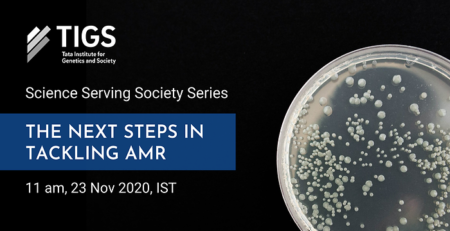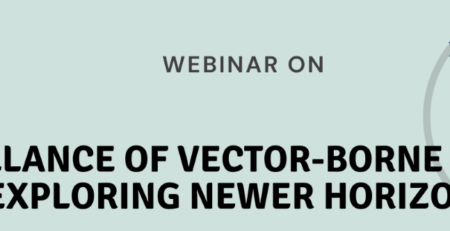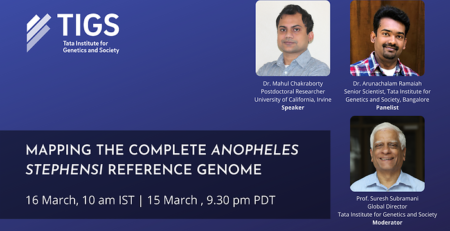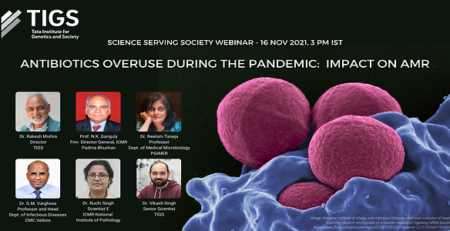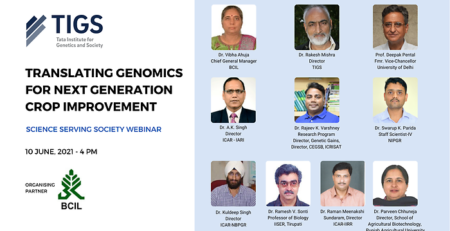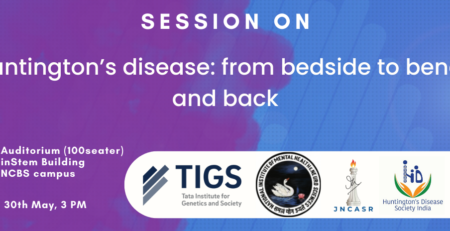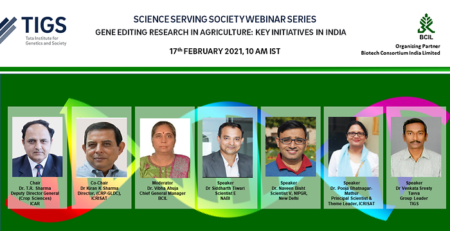Webinar recording
Highlights
In June 2020, TIGS launched a webinar series called ‘Science Serving Society.’ In this series, we hope to address some of the biggest challenges we face in human health and agriculture today and bring together expert voices who have been working on developing solutions for these challenges. We also hope that this platform will be a springboard to generate conversations on these issues between stakeholders from all walks of life.
The first webinar from the series ‘The Persistent Dangers of Mosquito Borne Diseases’ addressed a problem we have been facing for several hundred years. Recognized as the deadliest animal in the world, the tiny mosquito serves as a vector for bacteria, viruses, and parasites and causes more than a dozen diseases. A global effort is underway to eliminate malaria, one such devastating mosquito-borne disease, by 2030. But with public health efforts now being focused on containing COVID19, mosquito-borne diseases threaten to make a comeback in full force this monsoon season in India.
To obtain a holistic perspective on how we can approach this unique situation, we invited experts in vector biology and community engagement, to discuss the extent of the mosquito problem globally and in India and new strategies that could be used as solutions. Our Global Director, Professor Suresh Subramani, set the context of the conversation and moderated the proceedings of the webinar.
Dr Tyagi kickstarted the session with an important question – ‘Why is the control of mosquito borne diseases a complex problem?’. He went on to answer it by highlighting the eight most common types of diseases spread by mosquitoes and how several biological and geographical distribution factors affect infection control. He also shed light on some of the challenges in tackling diseases like malaria & dengue, such as insecticide resistance and drug resistance, and concluded his talk by discussing promising advances in vector control.
Next, Dr Srivastava weighed in with his thoughts on what measures have worked well so far in terms of mitigating mosquito borne diseases, particularly malaria. He also highlighted the need for an integrated approach with innovation in order to meet India’s goal of eradicating malaria, with a special emphasis on the urgent need for new innovative tools – right from novel drugs and vaccines to stringent surveillance and new technologies for mosquito control.
Dr Alphey then spoke about new solutions that can be explored. He talked about sterile insect technology and the use of genetic technologies such as ‘gene drives’ as potential interventions for mitigating vector borne diseases. In conclusion, he presented three approaches that are currently being studied and trialed – sterile males, ‘local’ drives and invasive gene drives, and highlighted the specific characteristics of each.
Ms Thizy’s topic dealt with involving communities for tackling vector borne diseases. She spoke at length about how empowering all stakeholders is imperative for controlling diseases like malaria. She presented an excellent case for why there’s a need to engage the community at large, how it can be done, and how this will affect the long-term goals of malaria eradication. Her session ended on a promising note, with the takeaway being how “citizen science” can be an effective way to approach and safeguard public health.
Professor Subramani then moderated a Q&A session and asked the panel some thought provoking questions, which they readily addressed.
We’re grateful to the speakers for joining us on this platform and for taking time to talk about this very vital issue. We’re also thankful to everyone who attended the webinar and engaged with some significant questions. We hope you will all join us again in the next webinar from the series ‘Science Serving Society’.

